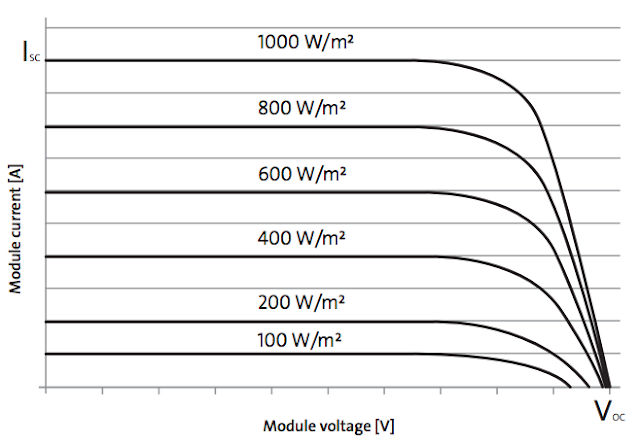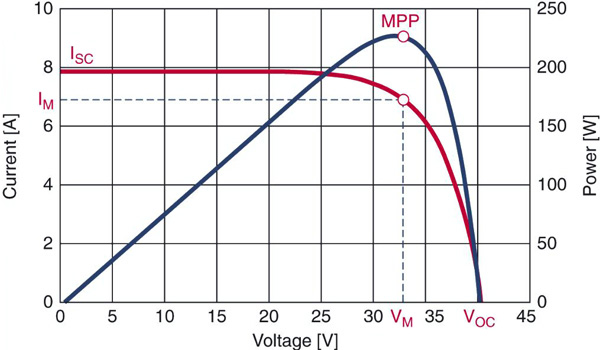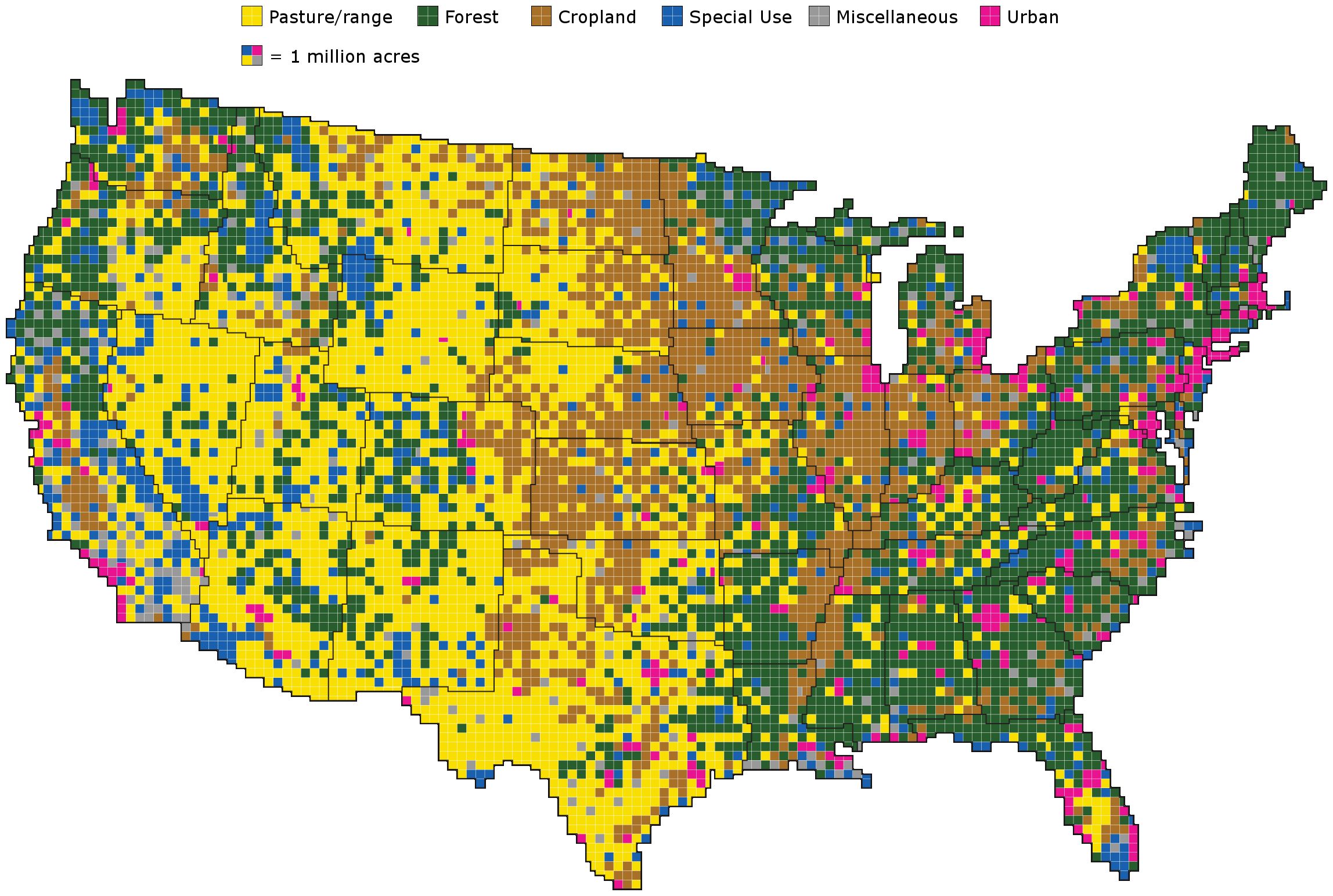Source: Traceability | Communications of the ACM, by Vinton G. Cerf
The ability to trace bad actors to bring them to justice seems to me an important goal in a civilized society. The tension with privacy protection leads to the idea that only under appropriate conditions can privacy be violated. By way of example, consider license plates on cars. They are usually arbitrary identifiers and special authority is needed to match them with the car owners (unless, of course, they are vanity plates like mine: “Cerfsup”). This is an example of differential traceability; the police department has the authority to demand ownership information from the Department of Motor Vehicles that issues the license plates. Ordinary citizens do not have this authority.
…
If we are to accomplish the simultaneous objectives of protecting privacy while apprehending those engaged in harmful or criminal behavior on the Internet, we must find some balance between conflicting but desirable outcomes. … In most societies today, it is accepted that we must be identifiable to appropriate authorities under certain conditions (consider border crossings, traffic violation stops as examples). While there are conditions under which apparent anonymity is desirable and even justifiable (whistle-blowing, for example) absolute anonymity is actually quite difficult to achieve and might not be absolutely desirable given the misbehaviors apparent anonymity invites.


